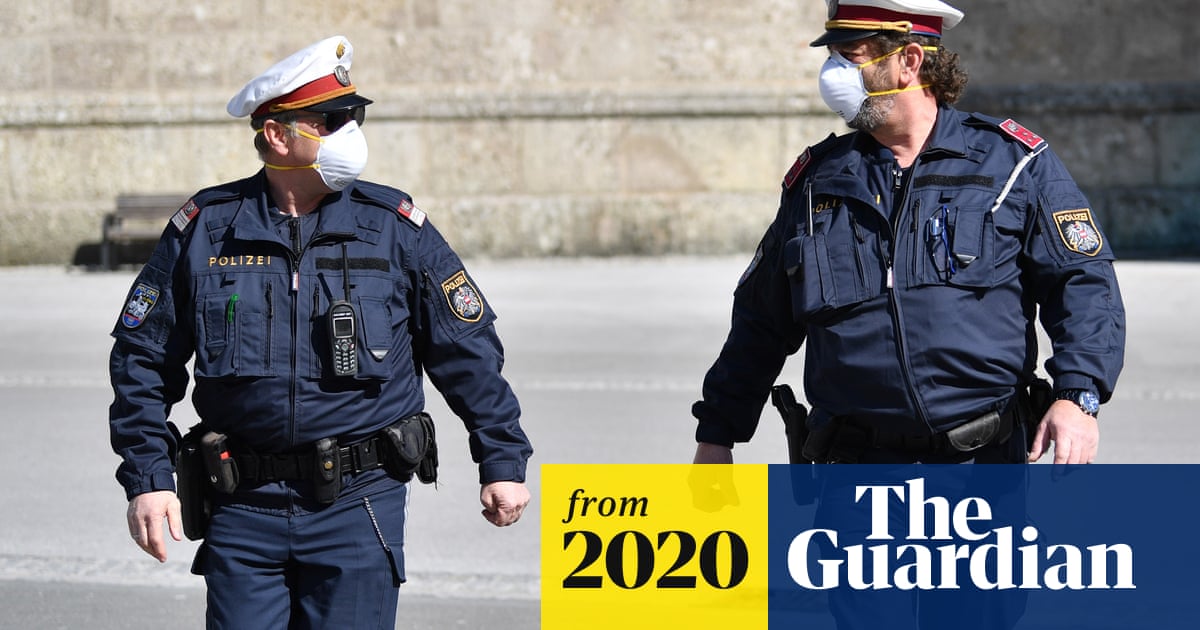Congratulations on your ability to see into the future!
Clearly I can't see into the future any more than you can. I am taking a view, just like you are. Our views are different and based on what we both are hearing from experts.
For all your negativity, we simply don't know what's going to happen next. Most experts agree that we're nearing the peak, indeed we may already have reached it given that the reported daily figures often lag behind the actual stats. From the government's daily briefings, new cases of the virus seem to be stabilising at the 4,000 a day mark.
Once that peak is reached, it's perfectly rational to assume that the number of new cases will fall, as the less people catch the virus, the less people there are to spread it. There is also the theory that the warmer weather will reduce the number of new cases, just as most flu viruses tend to die out in the summer.
It is not a flu virus. There is a hope that it diminishes in the warmer months and clearly people should be less susceptible to other illnesses but it is in no way certain that transmission of Covid-19 will drop. Indeed, there is probably no chance that it would be gone by the autumn either.
Yes, we're by no means out of the woods yet, but I remain confident that the worst of the pandemic will soon be behind us.
As 'Yorkie' has just posted, if the aim is to get the R0 value to 1, ie peak and then plateau, then maybe we are away from the worst of the initial shock of a pandemic starting but it isn't going away.

